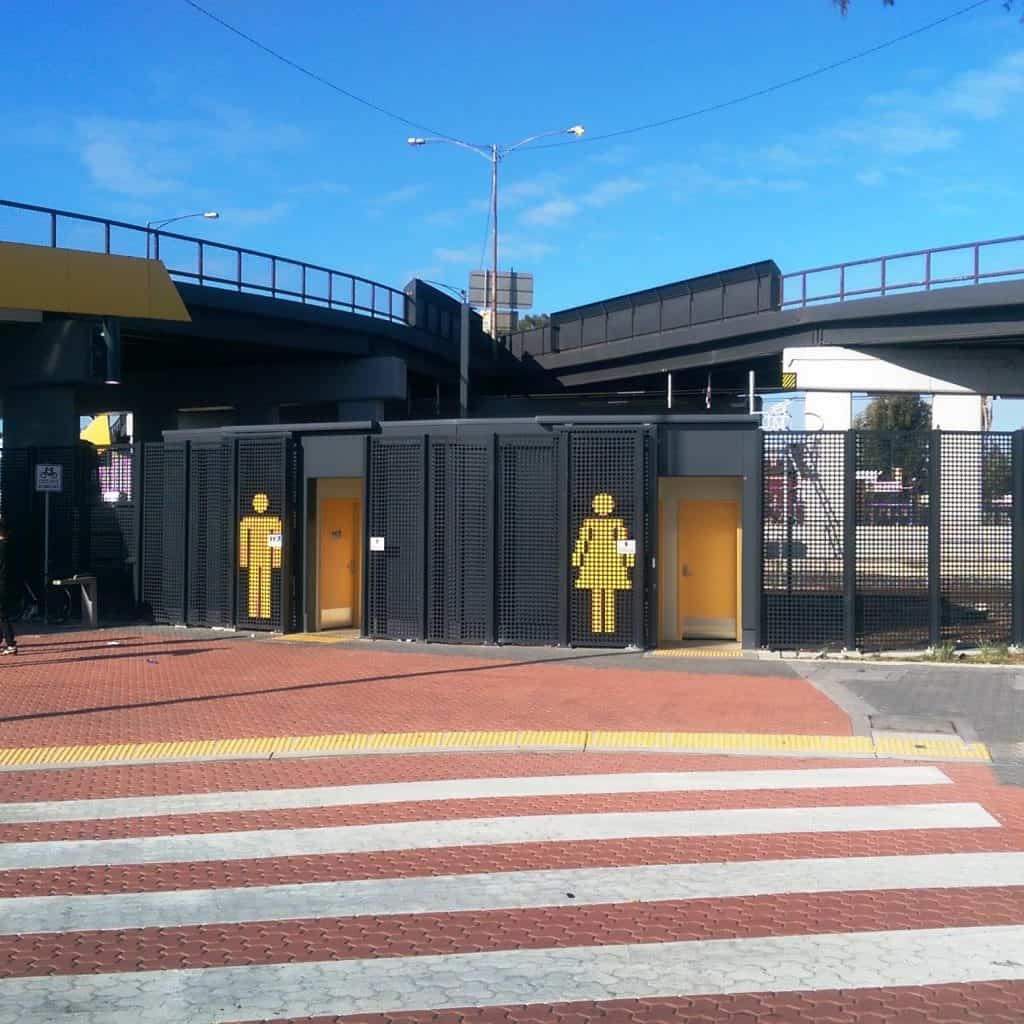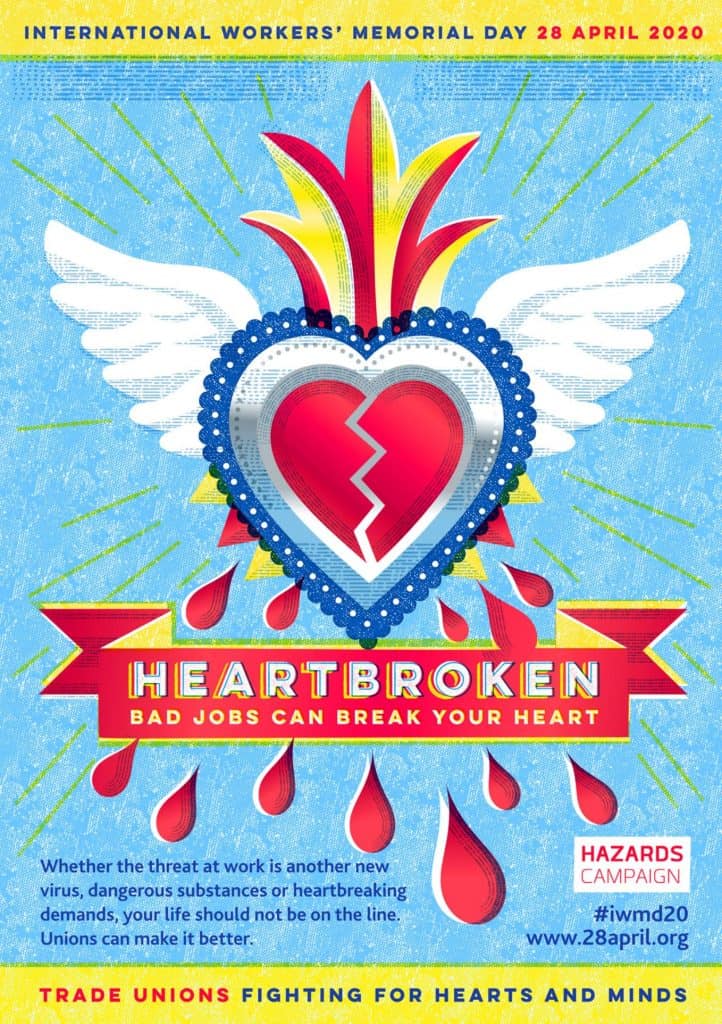
Below is some interesting occupational health and safety (OHS) issues that have appeared over the last week that I don’t have the time to explore in the usual depth but are useful.
Danger Money appears
David Marin-Guzman reports that unions are asking for an extra
“$5 an hour to compensate [disability workers] for risks in assisting clients suspected of having coronavirus.”
The reporter’s Twitter account justifiably describes this as “danger money“, an issue forecast as likely by this blog recently. That such an offer is made by the Health Services and United Workers Unions is disappointing but unions can do little else as the employers have the primary OHS responsibilities. What such action also does though is let the employers off lightly from their OHS duties to continuously improve workplace health and safety. The $5 danger money may be cheaper than implementing other risk control options but OHS laws have a process for this type of decision making that has Cost as the last option to be considered. Allowances do not reduce worker safety risks and they can undermine future OHS initiatives.




